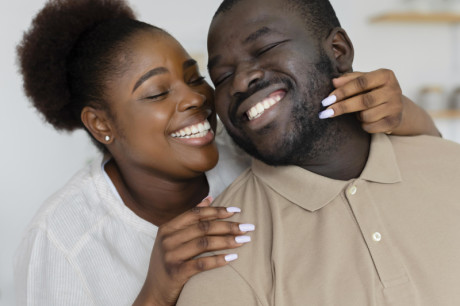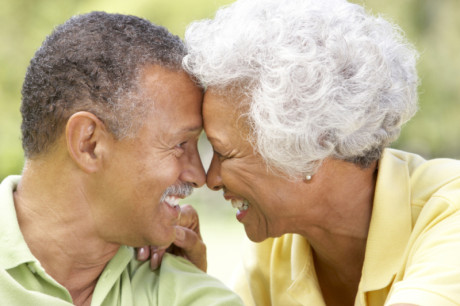Hi,
My name is ChatBot, I am here to make your web experience with NHP amazing.
May I kindly have your first name?
Society’s expectations and traditional gender roles play a role in why men are less likely to discuss or seek help for their mental health problems. We know that gender stereotypes about women – the idea they should behave or look a certain way, for example – can be damaging to them. But it’s important to understand that stereotypes and expectations can also damage men.
Men are often expected to be the breadwinners and to be strong, dominant and in control. While these aren’t inherently bad things, they can make it harder for men to reach out for help and open up. Some research also suggests that men who can’t speak openly about their emotions may be less able to recognise symptoms of mental health problems in themselves and less likely to reach out for support.
Men may also be more likely to use potentially harmful coping methods such as drugs or alcohol and less likely to talk to family or friends about their mental health. However, research suggests men will get the help that meets their preferences and is easy to access, meaningful and engaging.
Talking about mental health is tough for anyone, not just for men.
In this session we will open the door and create the space people need to start having real, honest conversations, and get the help they need.
Select and download all application, registration and request forms as well as information on NHP’s designated service providers, tariffs and travel insurance.

These life stages aim to illustrate the thoughtful consideration given to the evolving healthcare needs of individuals at different points in their lives. By aligning medical aid benefits with these life stages, we ensure that our members receive targeted and effective healthcare support throughout their journey.


18-30 years young


31-45 years young


46-60 years young


61+ years young

 Asylum Design & Development
Asylum Design & Development